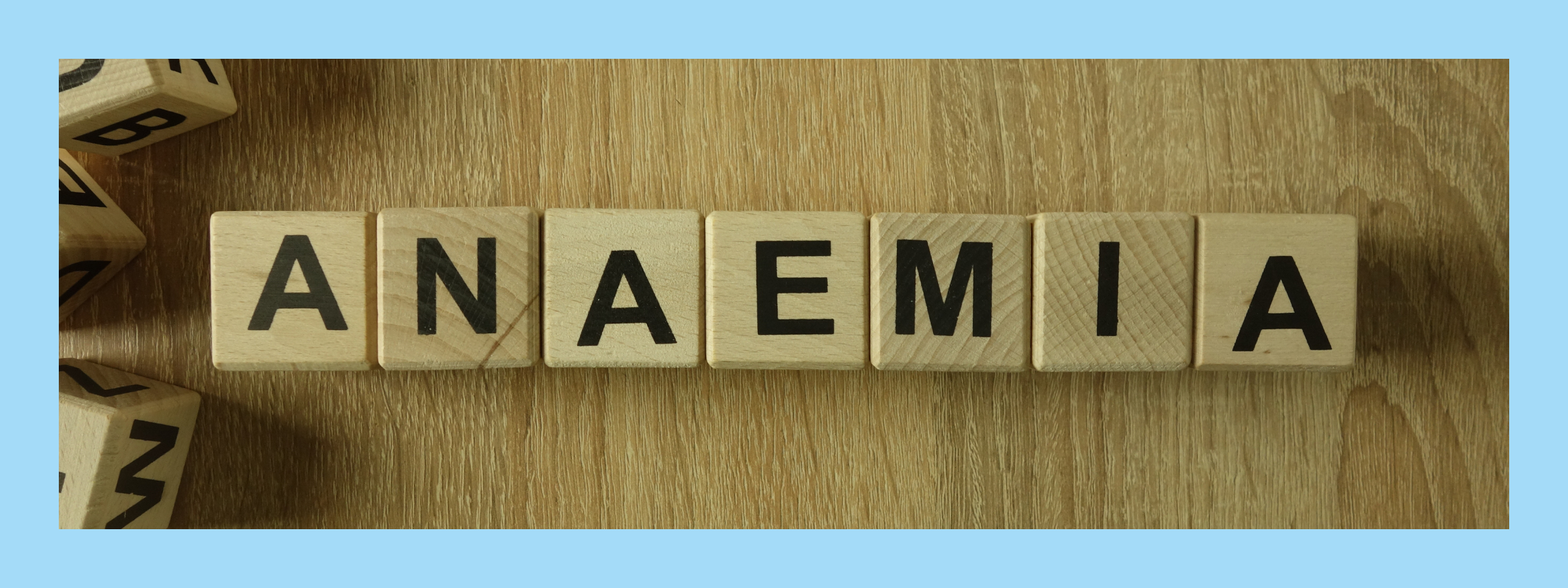
What is the main cause of anaemia?
What is Anaemia?
Anaemia is a common blood disorder that affects millions of people of all ages and genders worldwide. One of the leading causes is iron deficiency, although it can also be triggered by chronic illnesses, poor diet, or certain medications. Anaemia occurs when the body doesn't produce enough red blood cells or haemoglobin - the protein in red blood cells that carries oxygen to your tissues. When oxygen delivery is reduced, it can lead to a wide range of symptoms and complications.
What Causes Anaemia in Cancer Treatment?
Unfortunately anaemia is a common side effect of cancer treatment that is rarely discussed. Some cancers cause inflammation that decreases red blood cell production. While many chemotherapies are myelosuppressive, meaning they slow down blood cell production by the bone marrow.
What is Bone Marrow?
Most of the components of your blood are made up of bone marrow, the soft spongy tissue found inside your bones. Everyday, it produces billions of red blood cells, which carries oxygen throughout your body. It also creates white blood cells to fight infection and platelets to help control bleeding. In addition to producing blood cells, bone marrow stores fat, which can be converted into energy when needed.
The kidneys also play a crucial role in red blood cell production. If they aren't functioning properly, your bone marrow won't receive the signal to make new red blood cells. That's because the kidneys produce a hormone called erythropoietin (EPO), which stimulates the bone marrow to increase red blood cell production and helps protect red blood cells from being broken down too early.
Chemotherapy can affect both the bone marrow and kidneys because it targets fast-dividing cells, including healthy ones. Since the bone marrow is responsible for making red blood cells, and the kidneys produce the hormone that triggers the process, damage to either can reduce red blood cell production and lead to anaemia. Fortunately, this effect is usually temporary, and most people see improvement within a few months after chemotherapy ends. One study found that 89.5% of people with solid tumours receiving chemotherapy experienced anaemia, though in most cases it was mild to moderate.
Understanding Anaemia
Anaemia is not a disease in itself but rather a symptom of other conditions. It can be temporary or long-term, mild or severe, depending on its cause. The most common type is iron deficiency anaemia, which occurs when your body lacks the iron necessary to produce haemoglobin. Other types include vitamin deficiency, aplastic anaemia and haemolytic anaemias.
When you have anaemia, your heart has to work harder to pump oxygen-rich blood throughout your body. This can lead to irregular heart rhythms, an enlarged heart, or even heart failure in severe cases.
What are the Effects of Anaemia on the Body?
The effects of anaemia on the body are wide-ranging and depend largely on its severity and duration. In mild cases, you might not even notice any symptoms. However, as the condition progresses and your body struggles to get enough oxygen-rich blood around your system, you may start feeling constantly tired and weak.
In more severe cases where treatment isn't sought promptly or where underlying causes aren't addressed adequately (such as chronic diseases), complications can occur including damage to organs due to a lack of oxygen supply.
Symptoms of Anaemia:
- Fatigue
- Drowsiness
- Depression
- Shortness of breath
- Rapid heart beat
- Lightheadedness or dizziness
- Poor concentration
- Loss of appetite
- Skin that looks paler than usual
- Headaches
- Fainting
What is the Best Way to Manage Anaemia?
The good news is that most forms of anaemia are treatable once diagnosed correctly. Treatment usually involves addressing the underlying cause, for instance replenishing iron levels if it's iron deficiency anaemia, through dietary changes or supplements. In some cases where red blood cell production is affected (like aplastic anaemia), treatments may involve medications or procedures like bone marrow transplant.
Get in touch with your cancer team if you are experiencing any of these symptoms. With a complete blood count, you can find out if it is anaemia or not and get the right treatment. For more info head over to - Blog: Treatments for Anaemia











Leave a comment
This site is protected by hCaptcha and the hCaptcha Privacy Policy and Terms of Service apply.